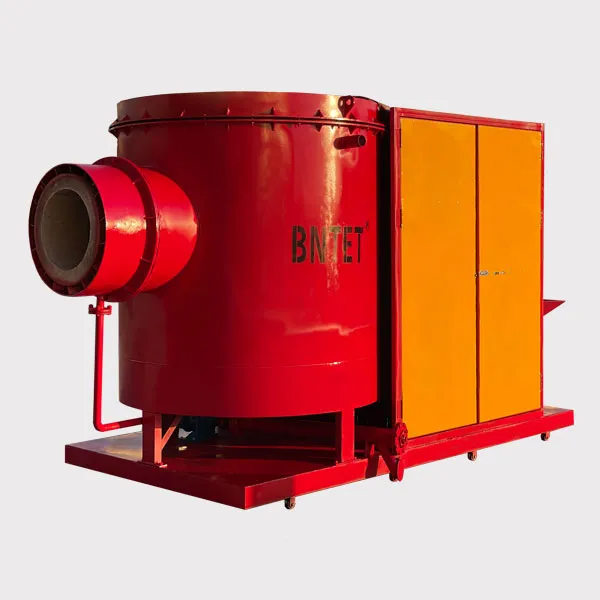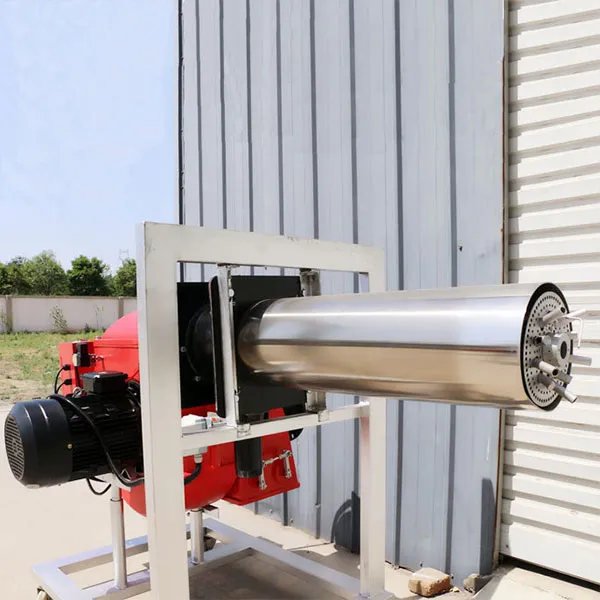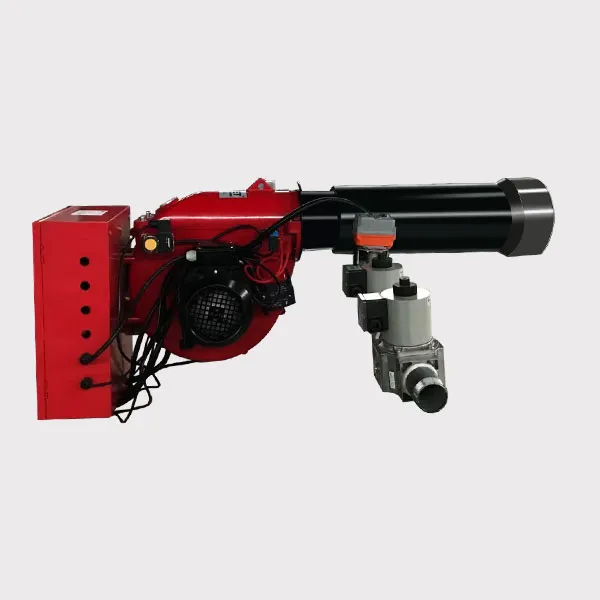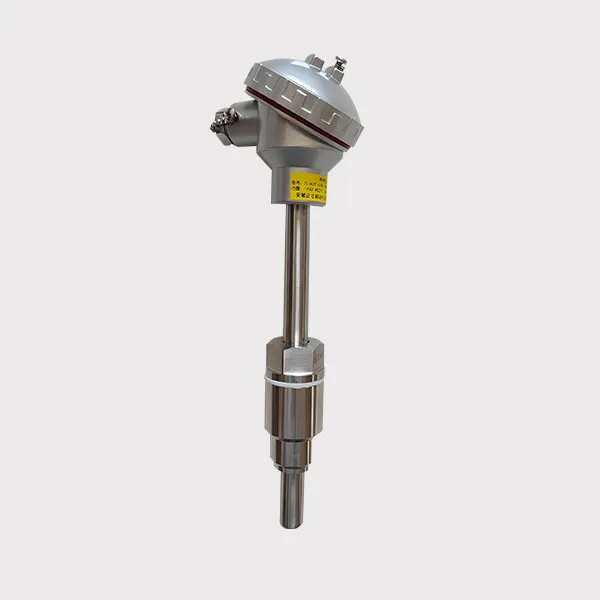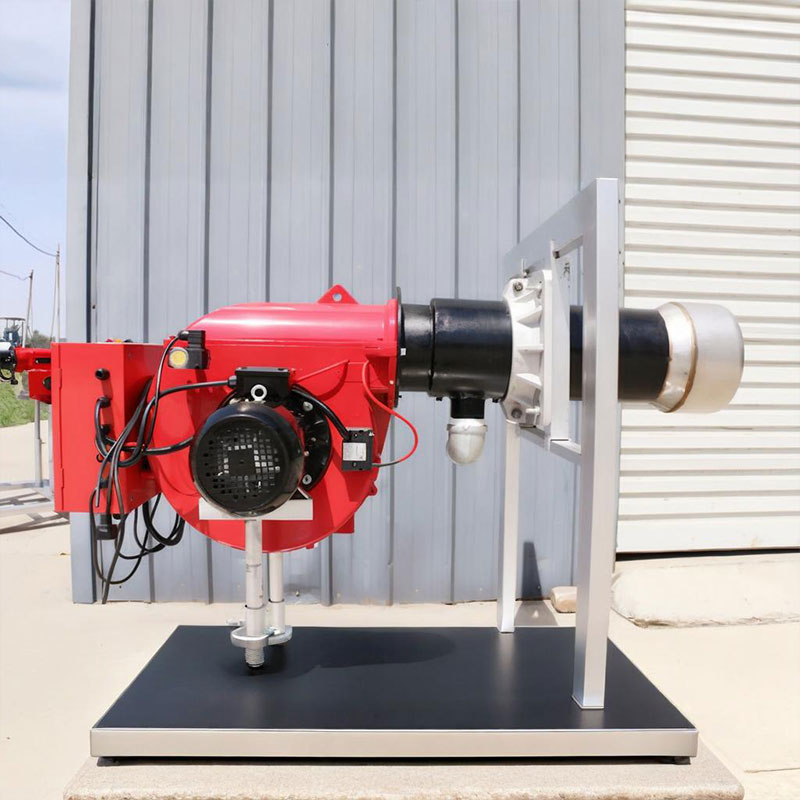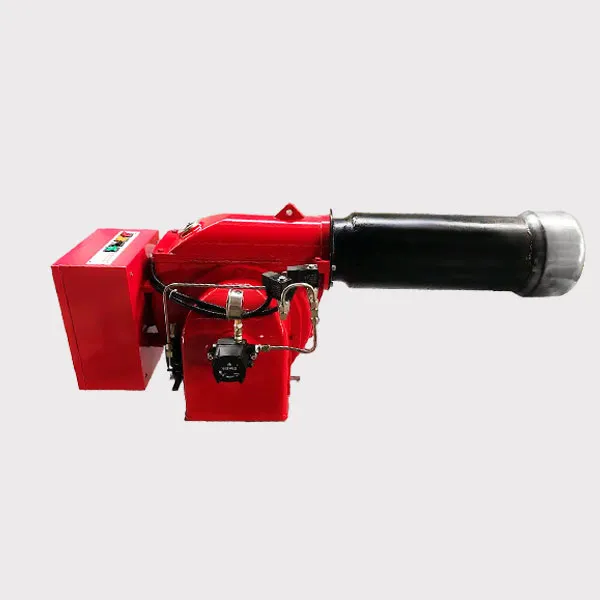How to choose a boiler burner
2025-03-20 10:00:01
Choosing a boiler burner that suits you needs to consider many factors, including boiler type, fuel type, operating requirements, budget, and environmental protection requirements. The following are detailed steps and precautions to help you make the right choice:
1. Clarify the boiler type and parameters
●Boiler type: Determine whether the boiler is a steam boiler, hot water boiler, or hot oil boiler.
●Boiler power: Select a matching burner based on the rated power of the boiler (kW or BTU/h).
●Boiler interface size: Make sure the burner's mounting flange size matches the boiler interface.
2. Determine the fuel type
●Natural gas: The most commonly used, low cost, suitable for areas with natural gas supply.
●Liquefied petroleum gas (LPG): Suitable for areas without natural gas supply.
●Fuel oil (light oil, heavy oil): Suitable for industrial applications without gas supply.
●Dual fuel or multi-fuel: Can switch between different fuels, suitable for areas with unstable fuel supply.
●Biomass or special fuels: Suitable for projects with high environmental requirements.
3. Calculate the power requirement of the burner
●The power of the burner should match the power of the boiler, and a floating range of ±10% is usually allowed.
●For example: if the boiler power is 1000 kW, the burner power can be selected from 900 kW to 1100 kW.
4. Consider the turndown ratio of the burner
●The turndown ratio refers to the ratio of the maximum power to the minimum power of the burner.
●Selecting a burner with a larger turndown ratio (such as 5:1 or 10:1) can operate efficiently at low loads and save fuel.
5. Select the control method of the burner
●Single-stage control: only two states of on/off, suitable for small boilers.
●Two-stage control: can operate at high/low power, suitable for medium load changes.
●Proportional regulation: automatically adjust the power according to demand, suitable for systems with large load changes.
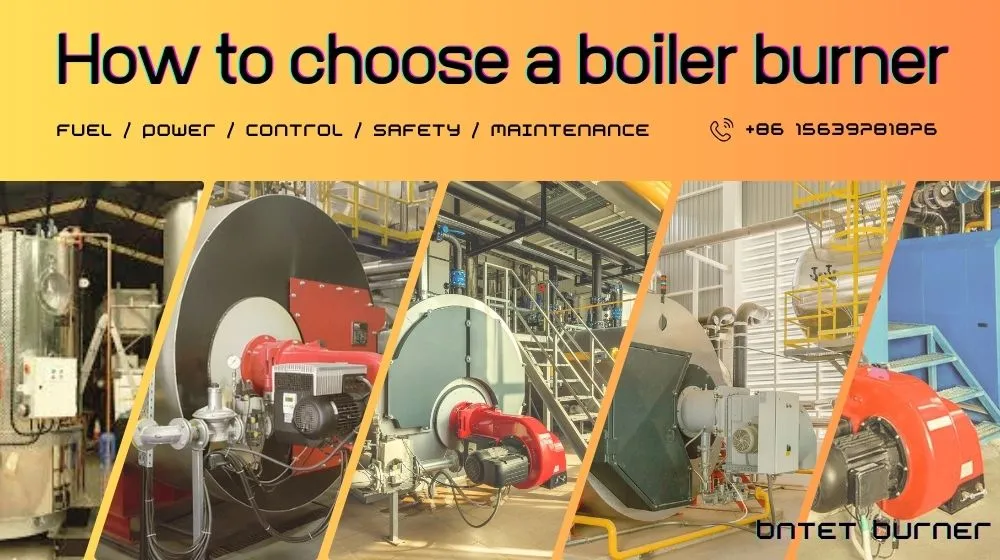
6. Pay attention to the efficiency and emissions of the burner
●Combustion efficiency: select a high-efficiency burner (usually more than 90%) to reduce fuel consumption.
●Emission control: Make sure the burner complies with local environmental regulations (such as NOx, CO emission limits).
●Choose a low-NOx burner to reduce environmental pollution.
7. Check the safety function of the burner
●Make sure the burner has complete safety protection functions, such as flame monitoring, over-temperature protection, gas pressure protection, etc.
●Check whether the safety function of the burner is compatible with the safety system of the boiler.
8. Consider installation and maintenance
●Installation space: Make sure the size of the burner is suitable for the installation space in the boiler room.
●Maintenance convenience: Choose a burner that is easy to maintain and ensure that key components (such as nozzles, ignition electrodes) are easy to replace.
●After-sales service: Choose a brand with good after-sales service and ensure timely technical support.
9. Budget and cost
●Initial cost: Compare the prices of burners of different brands and models.
●Operating cost: Choose a high-efficiency burner to reduce long-term fuel consumption.
●Maintenance cost: Consider the durability and maintenance frequency of the burner.
10. Brand and Manufacturer
●Choose a well-known brand of burner to ensure quality and reliability.
●Check user reviews and industry reputation to understand the actual use effect of the burner.
11. Consult professionals
If you are not sure how to choose, it is recommended to consult the boiler manufacturer or professional burner supplier.
They can recommend a suitable burner model based on the specific parameters and operating conditions of the boiler.
Example selection process
●Boiler parameters: hot water boiler, power 1000 kW, natural gas fuel.
●Burner power: Choose a burner between 900 kW and 1100 kW.
●Adjustment range: Choose a ratio adjustment burner with an adjustment range of 5:1.
●Emission requirements: Choose a low nitrogen oxide (Low-NOx) burner that meets local environmental protection standards.
●Brand selection: Choose a well-known brand (such as Weishaupt, Riello, Baltur).
●Installation and commissioning: Install and commission by professional technicians to ensure that the burner matches the boiler.
Through the above steps, you can choose the burner that suits your boiler and ensure the efficient, safe and environmentally friendly operation of the system.


